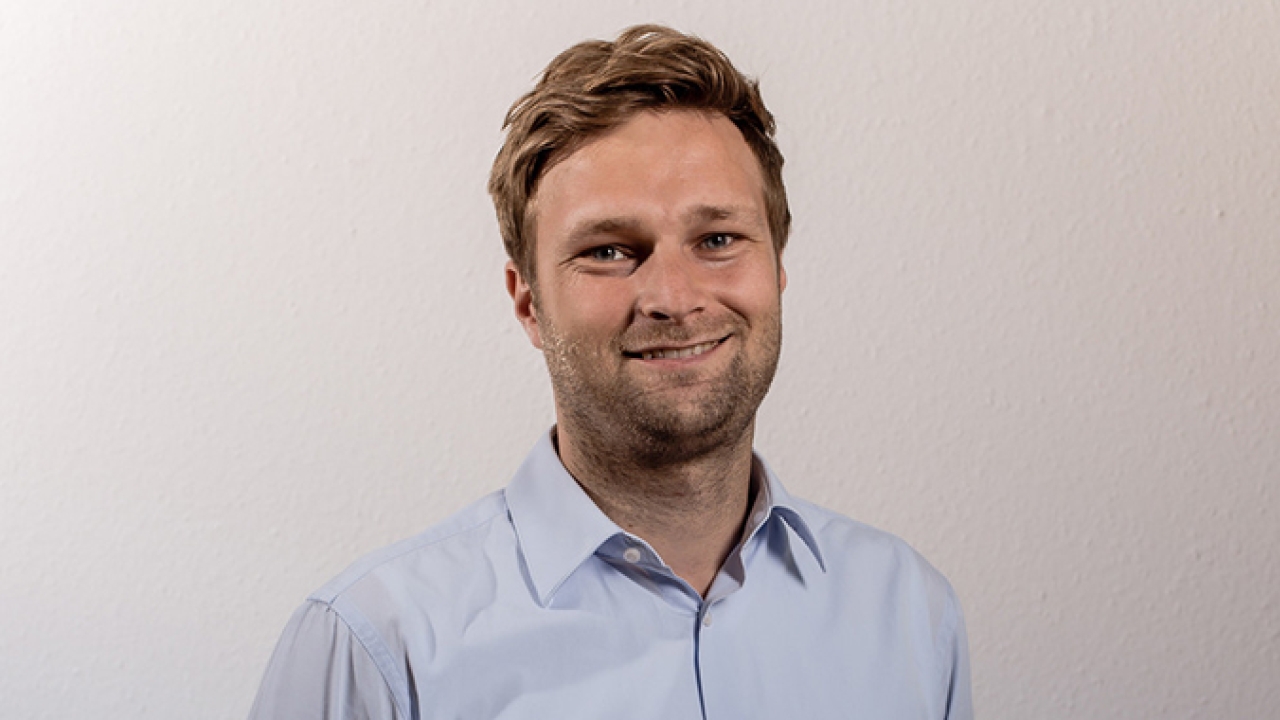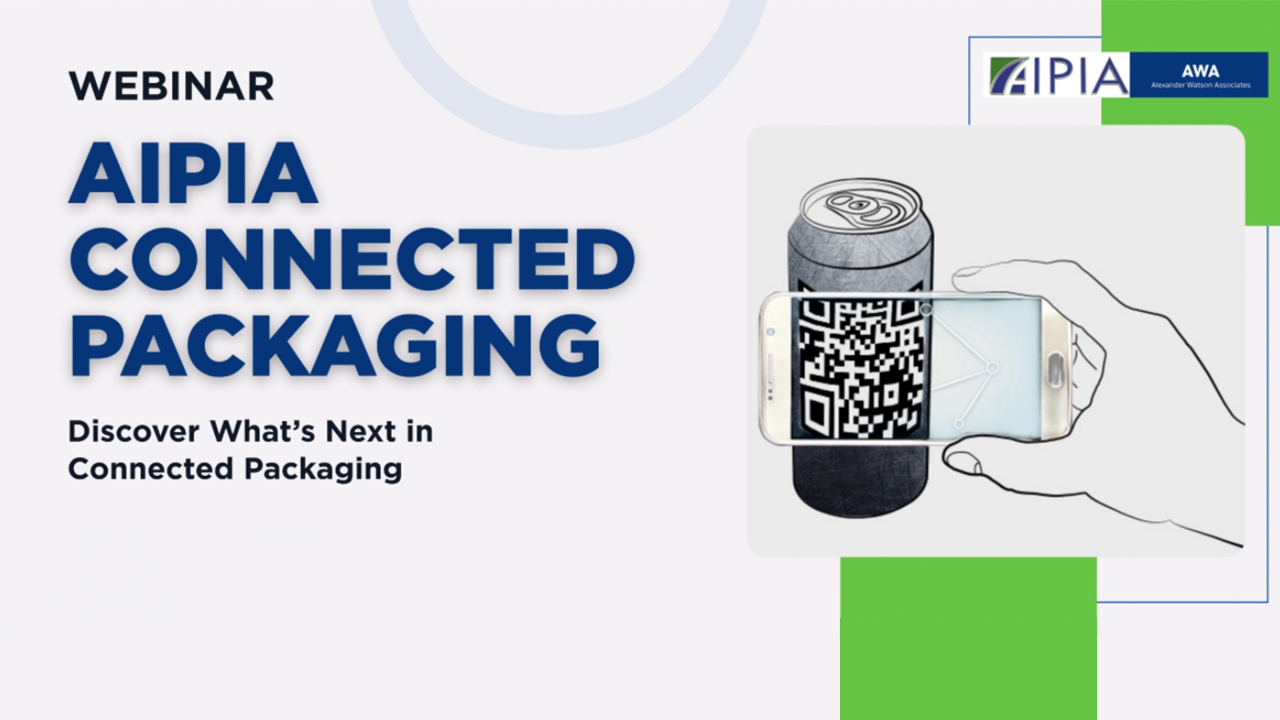Young managers – Matthias Vollherbst

Then, seven years ago, my father suggested I join Vollherbst. I felt it was the right time to make this move and I took a sales director position responsible for marketing and sales, which I studied at university.
When I joined the company, I focused on implementing a modern, youthful culture. At that time, we produced great labels and were successful in the market. But I didn’t perceive the company as being especially innovative or having a fully open culture. I wanted to see a change and create an environment where we discuss our successes and learn from our mistakes in an open forum. This is what we have achieved in the last seven years as we tried to be as open as possible with each other, with a very modern culture.
My main rule is to be totally honest and 100 percent open with staff, clients and suppliers. It filters down to every aspect of the company. When we discuss client projects, the hierarchy is not important – the solution is. It is about the best idea and this approach often leads to results that can set us apart from other businesses.
We are running a customer-centric business. We always try to step into the shoes of our customers and try to help them by understanding their challenges.
Another area where we focus strongly is innovation, as we feel there are several new technologies that can elevate and differentiate brands and help them to create a product which will stand out on the shop shelves. For instance, three years ago we developed a concept that we called craftLabel, where we brought natural ingredients like soil, ash and slate from vineyards into the label through screen printing and a high build varnish technology. Developing a new concept such as this one is something that really drives me personally.
We have been also working on augmented reality for the past few years. Our pre-press department converts its designs of labels and bottles in 3D, so that clients can see a digital prototype before production. Two years ago we developed our first augmented reality labels for a South African client, a big brand owner from the wine sector. This technology will not suddenly have a million more people buying the product, but it is all about understanding new technologies and understanding the digital space that can elevate the role of labels by adding a third dimension to the user experience.
Young Professionals Network
I was interested in building an international network of contacts in the printing area. We were well linked in the German label and printing industry, but not on European or worldwide scale. I heard about Finat’s Young Professionals Network (YPN) and decided to join its meeting in Budapest. From the first minute I realized how open YPN is and by the time the meeting in Hungary was over, I had already formed good and close friendships.
Then one of my closest friends in the YPN, Chris Jones, asked me if I would be interested to join the team and to become a member of the board. I immediately said yes. Within the YPN I am responsible for our events, which we really want to push in the future. My role is to take care that these events have interesting content and will lead to interesting results for the industry.
It is so rewarding to be a part of the group. Our main challenge is to reshape the group and to make it a really relevant part of the label industry in Europe. We must develop interesting content and show interesting perspectives that maybe the older generations in the industry don’t have. Secondly, we must disrupt and develop the culture of the industry. We love the concept of ‘mistake nights’ where we all share mistakes that we made, and this helps us to understand how to solve them in the future. I think that this is what an industry network should be about.
Stay up to date
Subscribe to the free Label News newsletter and receive the latest content every week. We'll never share your email address.

